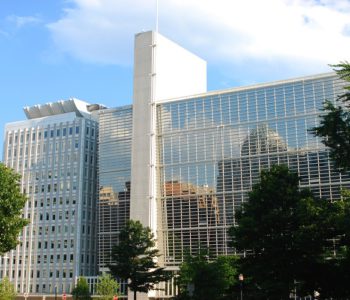NRB’s liquidity control: new Rs 30 bn mop-up amid previous Rs 229 bn yet to mature

KATHMANDU: The Nepal Rastra Bank (NRB) has announced its plan to withdraw an additional Rs 30 billion from the banking system to manage liquidity. This move comes despite the previous Rs 229 billion mop-up, which is yet to mature.
According to NRB, the new Rs 30 billion mop-up will be conducted through a bidding instrument with a 14-day tenure. Banks and financial institutions (BFIs) interested in participating in this liquidity management process are required to submit their proposals by 3 PM on Sunday.
The NRB has been actively using various monetary tools, including the open market operations, to regulate liquidity in the financial system. The Rs 229 billion mop-up, conducted through similar bidding instruments, is still within its maturity period, signaling that the central bank is aggressively pursuing short-term measures to balance liquidity flows in the market.
Experts believe that NRB’s frequent mop-up operations indicate concerns about excess liquidity in the financial system, which could impact inflation and monetary stability if not properly managed. The additional Rs 30 billion mop-up is expected to tighten liquidity further, potentially affecting lending activities in the banking sector.
The central bank’s measures come amidst concerns over rising inflation and currency fluctuations. Liquidity management has become a key focus for NRB as it attempts to navigate the economic challenges post-COVID-19 and global economic uncertainties.
Banks and financial institutions will now have to strategize their liquidity positions carefully, especially with more funds being locked up in the NRB’s mop-up operations. This could create tighter market conditions for lending, impacting sectors that are heavily reliant on credit, such as construction, trade, and manufacturing.
NRB’s liquidity operations are seen as a short-term measure to manage immediate financial system risks while keeping inflation under control. However, financial experts have raised concerns that continuous mop-up operations may deter long-term economic growth by limiting the availability of credit in the market.
As the new bidding process unfolds, stakeholders will closely watch how this Rs 30 billion mop-up will influence overall liquidity and market conditions in the coming weeks.












Facebook Comment